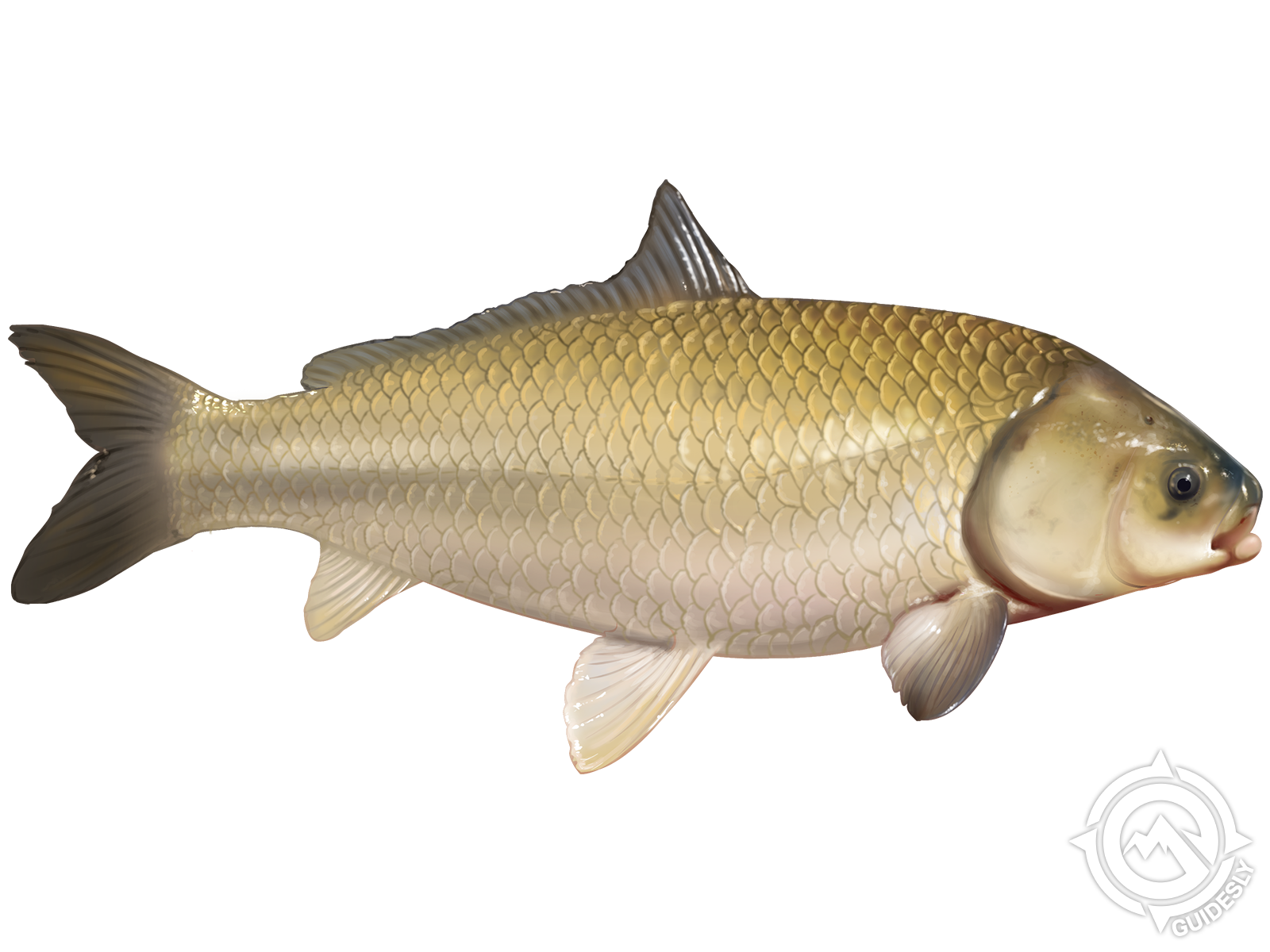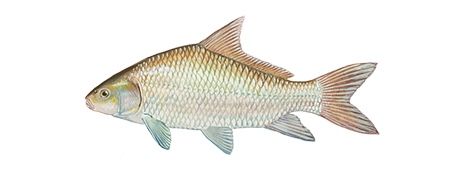//users/b2b65c1a-c0a2-43d5-a7ff-90b8ffae0739/ratecard/472784921_122189497472166014_7033675557401376027_n1.jpg)
%2Ffit-in%2F300x300%2Fusers%2Fb2b65c1a-c0a2-43d5-a7ff-90b8ffae0739%2Fratecard%2F472784921_122189497472166014_7033675557401376027_n1.jpg&w=256&q=75)
%2F300x300%2Fusers%2Fb2b65c1a-c0a2-43d5-a7ff-90b8ffae0739%2Fimages%2Fanglers-fishing-ohio-2767.jpg&w=256&q=75)
%2F300x300%2Fusers%2Fb2b65c1a-c0a2-43d5-a7ff-90b8ffae0739%2Fimages%2Fgreat-fishing-haul-ohio-2775.jpg&w=256&q=75)
%2F300x300%2Fusers%2Fb2b65c1a-c0a2-43d5-a7ff-90b8ffae0739%2Fimages%2Fsuccessful-fishing-ohio-2665.jpg&w=256&q=75)
%2F300x300%2Fusers%2Fb2b65c1a-c0a2-43d5-a7ff-90b8ffae0739%2Fimages%2Fanglers-fishing-ohio-2723.jpg&w=256&q=75)
%2F300x300%2Fusers%2Fb2b65c1a-c0a2-43d5-a7ff-90b8ffae0739%2Fimages%2Ffishing-adventure-oh-2438.jpg&w=256&q=75)
%2F300x300%2Fusers%2Fb2b65c1a-c0a2-43d5-a7ff-90b8ffae0739%2Fimages%2Ffishing-fun-ohio-2394.jpg&w=256&q=75)
%2F300x300%2Fusers%2Fb2b65c1a-c0a2-43d5-a7ff-90b8ffae0739%2Fimages%2Ffishing-in-ohio-2625.jpg&w=256&q=75)
%2F300x300%2Fusers%2Fb2b65c1a-c0a2-43d5-a7ff-90b8ffae0739%2Fimages%2Ffishing-adventure-oh-2412.jpg&w=256&q=75)
%2F300x300%2Fusers%2Fb2b65c1a-c0a2-43d5-a7ff-90b8ffae0739%2Fimages%2Fgreat-fishing-ohio-2385.jpg&w=256&q=75)
%2F300x300%2Fusers%2Fb2b65c1a-c0a2-43d5-a7ff-90b8ffae0739%2Fimages%2Fcaught-common-carp-oh-2446.jpg&w=256&q=75)
Top-Rated Lake Bowfishing in Hillsboro, Ohio
What you will be catching:
 Bigmouth Buffalo
Bigmouth Buffalo Common Carp
Common Carp Goldfish
Goldfish Grass Carp
Grass Carp Smallmouth Buffalo
Smallmouth Buffalo
- 4-hour nighttime bowfishing adventure in Hillsboro, Ohio
- Equipment and expert guidance provided by Buckeye Bowfishing
- Accommodates up to 4 guests targeting freshwater carp species
Trip Pricing and Availabilities :
Trip pricing information is temporarily unavailable.
Carp & Buffalo Bowfishing on Hillsboro Lake
Ready to try something different on the water? Join us for a night of bowfishing on Hillsboro Lake, where we'll be targeting some of Ohio's most exciting freshwater fish. This 4-hour trip is perfect for beginners and experienced bowfishers alike. We'll cruise the calm waters under the lights, scanning for carp, buffalo, and even the occasional goldfish. It's a unique way to fish that combines the thrill of the hunt with the peacefulness of being out on the lake after dark. Our expert guides will show you the ropes, provide all the gear you need, and make sure you have a blast while learning this addictive sport.
Trip Overview
Picture this: you're standing on the bow of a specially rigged boat, bow in hand, as we glide across the glassy surface of Hillsboro Lake. The underwater lights illuminate the shallows, revealing the shadowy forms of fish below. Your guide points out movement - it's a big grass carp cruising by. You draw back, aim, and let the arrow fly. That's the kind of action you can expect on this bowfishing charter. We'll spend 4 hours out on the water, targeting various carp species and buffalo. It's a laid-back atmosphere, but trust me, once you start seeing fish, the excitement ramps up quick. Don't worry if you've never done this before - we'll teach you everything you need to know, from proper shooting technique to fish identification. And if you're already into bowfishing, you'll love the chance to test your skills on some new waters.
Bowfishing Basics
Bowfishing is pretty straightforward, but it does take some getting used to. We use specialized bows equipped with reels and heavy-duty line attached to fiberglass arrows. The trick is learning to account for refraction - the way water bends light and makes fish appear to be in a different spot than they actually are. You'll need to aim low, and it takes a bit of practice to get it right. But that's part of the fun! We'll start in shallower areas where it's easier to spot fish and get a feel for shooting. As the night goes on, we'll move to different spots around the lake, following the fish as they move. The boat is set up with raised platforms and bright lights that shine into the water, making it easier to spot our targets. It's a bit like hunting, a bit like fishing, and a whole lot of fun.
Top Catches This Season
Hillsboro Lake has been firing on all cylinders lately. We've been seeing tons of grass carp, some pushing 40 pounds or more. These fish put up a heck of a fight and are a blast to arrow. Common carp are always around too, and they can get pretty big. One of the coolest catches we've had recently was a 30-pound bigmouth buffalo - these prehistoric-looking fish are related to carp and can live for decades. And let's not forget about the goldfish - yep, you read that right. Some of these escaped or released pets have grown to massive sizes in the lake, and they make for a unique trophy. Every trip is different, but that's what keeps folks coming back for more.
Species You'll Want to Hook
Grass Carp: These vegetarian powerhouses can grow to over 50 pounds in Hillsboro Lake. They're known for their long, torpedo-shaped bodies and their habit of cruising just under the surface. Grass carp are most active at night, making them perfect targets for our bowfishing trips. They're not native to Ohio, so removing them actually helps the lake's ecosystem. Plus, they're just plain fun to shoot - when you connect with a big grass carp, hang on tight!
Common Carp: The OG of carp species, these fish have been in Ohio waters for over a century. They're stocky, powerful, and can reach weights of 30 pounds or more in Hillsboro Lake. Common carp love to root around in the shallows, stirring up mud as they search for food. This behavior makes them easier to spot, especially with our lights. They're known for their fighting ability, so be ready for some action when you arrow one.
Goldfish: Yes, those little orange fish in your kid's bowl can grow to monster sizes in the wild. In Hillsboro Lake, we've seen goldfish pushing 5 pounds or more. They're not as common as the carp, but when you do spot one, it's like finding a shiny gold coin in the water. Goldfish are often found hanging out with schools of carp, so keep your eyes peeled for that flash of orange.
Bigmouth Buffalo: These native fish are often mistaken for carp, but they're actually members of the sucker family. Bigmouth buffalo can live for over 100 years and grow to massive sizes - the Ohio state record is over 80 pounds! In Hillsboro Lake, we typically see them in the 20-30 pound range. They're known for their large, downturned mouths and their habit of schooling in deeper water. When we find a group of buffalo, it can be non-stop action.
Smallmouth Buffalo: Closely related to their bigmouth cousins, smallmouth buffalo are another native species we target. They're generally smaller, maxing out around 20 pounds in Hillsboro Lake. Smallmouth buffalo have a more streamlined body shape and, as their name suggests, a smaller mouth. They're often found in the same areas as carp and can be a bit more challenging to arrow due to their quicker movements.
Time to Book Your Spot
If you're looking for a fishing experience that's off the beaten path, our bowfishing charter on Hillsboro Lake is just the ticket. Whether you're a seasoned bowfisher or have never picked up a bow in your life, you're in for a treat. We provide all the gear, expertise, and local knowledge to make your trip a success. You'll get to try your hand at a unique form of fishing, potentially take home some impressive fish, and have stories to tell for years to come. Plus, you're helping to control invasive species populations - it's a win-win! Spots fill up fast, especially during peak summer months, so don't wait to book your adventure. Get ready to notch your bow, scan the waters, and experience the thrill of bowfishing on Hillsboro Lake. See you on the water!
Learn more about the animals
Bigmouth Buffalo
Bigmouth Buffalo are hefty fish, often mistaken for carp but actually part of the sucker family. They average 20-30 inches but can grow much larger. Look for them in shallow lakes, backwaters of large rivers, and flood plains. They're most active at night, which can make for some exciting night fishing. Spring is prime time, as they move into shallow areas to spawn. Anglers love targeting them for their size and the challenge they present. They're strong fighters and can put up quite a battle on light tackle. For bait, try dough balls or small nymphs - they're filter feeders, so heavily scented baits work well. Here's a local tip: use a small circle hook to improve your hook-up rate. These fish have soft mouths, so setting the hook gently is key. Be patient and watch your rod tip closely for subtle bites.

Common Carp
Common Carp are stocky fighters, usually 15-30 inches long and weighing 4-30 pounds. You'll find them in lakes, ponds, and slow-moving rivers, often hanging out near the bottom in 8-12 feet of water. They love warm water, so target them when temps hit the mid-70s to low 80s. Spring and fall are great seasons - they're in the shallows feeding hard. Carp fishing is a blast because of their strength and stamina. They'll test your skills and gear, thrashing around and not tiring easily. For bait, corn or bread works well, but boilies are the go-to for serious carp anglers. Use a 9-foot rod with 7-8 weight line for average carp, stepping up to 9-10 weight for the big boys. Here's a local trick: try a hair rig setup. It's great for hook-shy carp and can really improve your catch rate.

Goldfish
Believe it or not, we've got some monster goldfish in our lakes. These aren't your typical pet store fish - they can grow up to a foot long in the wild. You'll find them in slow-moving or still waters with lots of vegetation. They're not picky eaters, which makes them fun for beginners to target. Spring and fall are good times to fish for them, when they're most active. Goldfish put up a decent fight for their size, and their bright colors make for a unique catch. They're often found in shallow areas, so look for them near the banks or around weed beds. For bait, bread or corn works well. Here's a tip: use light tackle and small hooks - these fish have small mouths. And remember, we're catch and release only for goldfish. They're non-native and can be harmful if released into new waters.

Grass Carp
Grass Carp are impressive fish, often reaching 65-80 pounds. They're plant-eaters, introduced to control aquatic weeds, and now found in most states. Look for them in calm, vegetated areas of lakes and slow rivers. They're notoriously tough to catch, which makes them a fun challenge. Spring and fall are prime seasons when they're feeding aggressively in the shallows. Grass Carp put up a heck of a fight - they're known to go airborne when hooked. For bait, try cherry tomatoes or watermelon chunks. They're picky eaters, so patience is key. Use a medium-sized rod with a sensitive tip to detect their subtle bites. My local tip: chum the area with sweet corn before fishing. It's one of their favorites and can really get them interested. Just be ready for a battle when you hook one of these monsters.

Smallmouth Buffalo
Smallmouth Buffalo are sturdy fish, typically 16-24 inches long but can reach up to 35 inches. You'll find them in fast-moving streams, lakes, and ponds with plenty of vegetation. They're bottom feeders, so focus your efforts there. Spring and fall are great seasons to target them, especially in shallower waters. Anglers enjoy fishing for Smallmouth Buffalo because they put up a good fight and are known for their tasty, firm flesh. They can be tricky to catch, which adds to the challenge. For bait, try dough balls or corn - some folks even swear by spicy baits like those dressed in hot sauce. Here's a local tip: when you feel a bite, wait for a strong pull before setting the hook. These fish often mouth the bait before fully committing. Use a sensitive rod to detect their subtle bites, and be ready for a good tussle when you hook one.

About the Buckeye Bowfishing
%2F%2Fusers%2Fb2b65c1a-c0a2-43d5-a7ff-90b8ffae0739%2Fvehicle_picture%2Fscreenshot2025-01-28033443.png&w=1200&q=75)
Vehicle Guest Capacity: 10
Manufacturer Name: Pro Drive Surface Drives
Maximum Cruising Speed: 30
Number of Engines: 2
Horsepower per Engine: 40
%2Ffit-in%2F250x250%2Fusers%2Fb2b65c1a-c0a2-43d5-a7ff-90b8ffae0739%2Fimages%2F00e302d4-47a5-467e-8dcf-972451c073ea.jpeg&w=1200&q=100)


%2Ffilters%3Aformat(webp)%2Fusers%2Fb2b65c1a-c0a2-43d5-a7ff-90b8ffae0739%2Fimages%2Ffishing-in-ohio-2625.jpg&w=768&q=75)
%2Ffilters%3Aformat(webp)%2Fusers%2Fb2b65c1a-c0a2-43d5-a7ff-90b8ffae0739%2Fimages%2Ffishing-adventure-oh-2412.jpg&w=768&q=75)
%2Ffilters%3Aformat(webp)%2Fusers%2Fb2b65c1a-c0a2-43d5-a7ff-90b8ffae0739%2Fimages%2Fgreat-fishing-ohio-2385.jpg&w=768&q=75)
%2Ffilters%3Aformat(webp)%2Fusers%2Fb2b65c1a-c0a2-43d5-a7ff-90b8ffae0739%2Fimages%2Fcaught-common-carp-oh-2446.jpg&w=768&q=75)
%2Ffilters%3Aformat(webp)%2Fusers%2Fb2b65c1a-c0a2-43d5-a7ff-90b8ffae0739%2Fimages%2Fanglers-fishing-ohio-2767.jpg&w=768&q=75)
%2Ffilters%3Aformat(webp)%2Fusers%2Fb2b65c1a-c0a2-43d5-a7ff-90b8ffae0739%2Fimages%2Fgreat-fishing-haul-ohio-2775.jpg&w=768&q=75)
%2Ffilters%3Aformat(webp)%2Fusers%2Fb2b65c1a-c0a2-43d5-a7ff-90b8ffae0739%2Fimages%2Fsuccessful-fishing-ohio-2665.jpg&w=768&q=75)
%2Ffilters%3Aformat(webp)%2Fusers%2Fb2b65c1a-c0a2-43d5-a7ff-90b8ffae0739%2Fimages%2Fanglers-fishing-ohio-2723.jpg&w=768&q=75)
%2Ffilters%3Aformat(webp)%2Fusers%2Fb2b65c1a-c0a2-43d5-a7ff-90b8ffae0739%2Fimages%2Ffishing-adventure-oh-2438.jpg&w=768&q=75)
%2Ffilters%3Aformat(webp)%2Fusers%2Fb2b65c1a-c0a2-43d5-a7ff-90b8ffae0739%2Fimages%2Ffishing-fun-ohio-2394.jpg&w=768&q=75)
